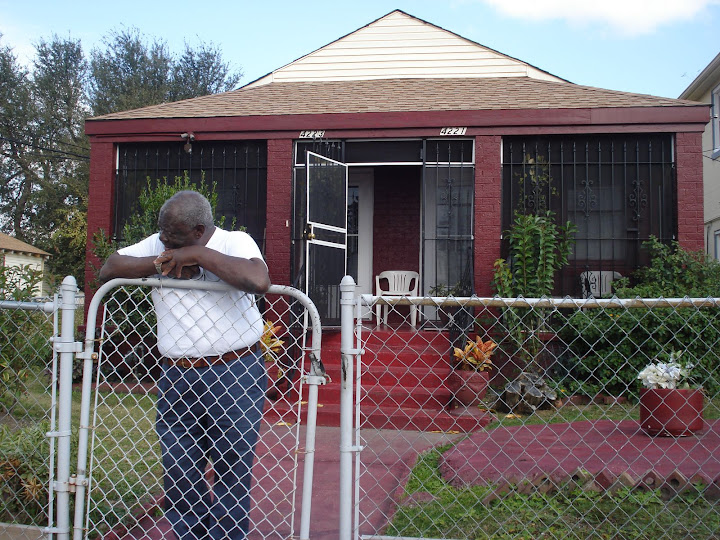What better way to learn about the history, development, and organizational dynamics of a growing Jewish community than by partnering with it!
Case in point: the Jewish community of Atlanta Georgia, a community which has grown in population by over 60% in the past decade and now ranks as the 11th largest Jewish community in North America.
This Fall, students working for their certificate in Jewish Communal Services contracted with the Greater Atlanta Jewish Federation to examine historical, demographic and Jewish engagement trends and developments, as well as the organizational structure of this community.
Students were provided access to federation planning and governance reports, financial resource development plans, and the data of the recent population study. Phone mentoring sessions were held between students and senior professionals of the federation, where the dynamics of change were closely investigated and strategies for serving the community brain-stormed.
But the highlight of the process was the private face-to-face meeting with the Greater Atlanta Jewish Federation delegation to the United Jewish Communities annual General Assembly, which took place this past November in Nashville, TN. Certificate students heard presentations from the chief volunteer and professional officers of the Federation about the community and its needs and challenges. The students engaged members of the delegation in lively small groups, after which they met separately with the professionals of the federation to discuss job and career opportunities in Atlanta.
Upon return from Nashville, the students completed the assigned written projects and collaborated on a final document about their impressions of the community and their experience working with the Federation. The final product was submitted to the professional leadership of the Federation and was received with great appreciation and enthusiasm. As noted by the Federation’s chief professional officer Steve Rackitt:
I have read all of the material. Please express my admiration and appreciation to the students who worked on the Atlanta project. The overview papers were excellent and I was particularly impressed with the Impressions and Recommendations document. The observations were astute and recommendations excellent. We are implementing many of them already, and I was truly impressed with the fact that the students are sitting 1,000 miles away, yet were able to capture some of the most important challenges and issues facing our community, structure and direction.
Thanks to Dr. Saul Andron for this post!
 Two Wurzweiler faculty were recently featured in a front page story in the New York Times. Times reporter Javier Hernandez interviewed Rabbi Linzer about his Jewish Social Philosophy class to see how this experienced professor helped his class deal with the complex emotions they were experiencing regarding Bernard Madoff.
Two Wurzweiler faculty were recently featured in a front page story in the New York Times. Times reporter Javier Hernandez interviewed Rabbi Linzer about his Jewish Social Philosophy class to see how this experienced professor helped his class deal with the complex emotions they were experiencing regarding Bernard Madoff.














